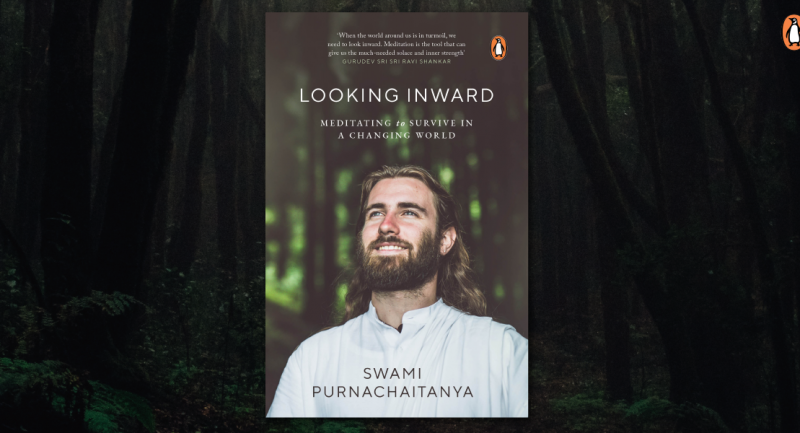
Chandramouli Venkatesan is a corporate veteran with over twenty-six years of experience in the industry. He has worked with Asian Paints, Cadbury/Mondelez, Mirc Electronics/Onida and Pidilite. He has served in various senior capacities, including as CEO and managing director. He has conducted numerous speaking sessions, which have benefited over 1000 people, and mentored and guided many others to be successful in their careers. His book, Catalyst, will arm you with the right tools to succeed at your workplace and get the most out of every moment, every day.
Let’s read an excerpt from this life-transforming book.
————
In all my experiences and travels across the world, the one thing that stands out is the hunger for success that most people have and, in particular, Indians have. Often that hunger for success can be simplified by most people as success and growth in careers. That success in life is equal to success in careers is often the operating assumption of most people. In the latter portion of the book I do try to give a more holistic dimension to success in life to include values, character and other related aspects. However, in the first half of the book I focus primarily on giving what people want—the keys to success in careers.
I have a simple equation for career growth
Career growth = Real Individual growth +_ Environmental aspects
What this equation tries to say is that career growth is driven by two factors—real individual growth and environmental aspects. Real Individual growth is the growth we experience in the duration of our careers; how much each one of us grow our knowledge, our skills, our judgement, our influence, our communication etc. The second factor is Environmental aspects, which covers things like buoyancy of the job market, industry related factors, relative availability of talent in your skill areas etc.
Let me first cover the impact of environmental aspects on career growth. Our careers are typically 40 years long, we start in our 20s and wind up in our 60s. During these 40 years we will have both environmental tailwinds and headwinds to our careers. An example of a tailwind would be the times in your careers where the job market is hyper hot for the skills you have, there is a shortage of the skills you bring and people tend to get jobs and salaries bigger than what they deserve, sometimes going all the way to bubbles. Another example of a tailwind is when your boss quits the company, you are not yet fully ready to take that role, but the company decides it would rather go with an insider and hence gives the job to you even when you are not yet fully ready. Such tailwinds are bound to support most of us at times in our careers.
Similarly, we have all experienced headwinds in our careers. There are times when the economy is dragging, the job market is weak and there are very few opportunities for people to grow. Another example of a headwind is when you have been steadily getting ready for a big job, equipping yourself with the right experiences, apprenticing under the right leaders and preparing yourself for the opportunity and when the opportunity comes the company in its wisdom decides it wants to drive change, wants new thinking and a change in strategy and hence prefers to hire an outsider into the role as opposed to promoting an insider. Nothing you did wrong, but the dice did not roll your way.
My experience is that in a 40-year career, the headwinds and the tailwinds balance each other out. You will have some headwinds in your career as well as some tailwinds. You have to be a very lucky person for the tailwinds over 40 years to be greater than the headwinds and similarly you have to be very unlucky for the headwinds over 40 years to be greater than the tailwinds. For most people the two does balance out. Hence going back to our career growth equation, it means that the environmental aspects will not be deciding factor in driving career growth.
The catalyst of career growth tends to be real Individual growth. Simply said, in your career you will experience as much career growth as you are able to grow yourself as an individual and as a professional, what I call real individual growth. If you manage to grow your skills, your knowledge, your decision making, your judgement, your influence on others, your communication etc. then you will experience career growth. Career growth is directly proportional to and is a function of the real individual growth. You experience career growth if you manage to grow yourself during your career, if you stop pushing yourself at any stage the career growth also comes to a screeching halt.
Hence the equation of career growth can be simplified to
Career growth = Real Individual growth
One way I like to state this is the expression, “you get what you deserve”. Far too often in our careers we focus on the getting part of it, we focus on getting the promotion, getting the new job and getting career growth. We do not focus on deserving more, increasing our capabilities, our skills etc. In a career, you get what you deserve. It is useful to remember what is in our hands—focusing on deserving more and driving our real individual growth.










